Holiday Blues: Why do some of us feel depressed during the holiday season?
November 18, 2021
*If you or a loved one are struggling with mental illness, reach out. Speak with UHS counselors or talk with a hotline.*
November is upon us. It’s getting colder, shops are bringing out their holiday goods, lights are strung up on trees, and everyone seems to let go for the time being. For most, the holiday season brings joy, excitement, and relaxation. It means celebrating the bonds we have with loved ones. But for some, the holiday season does the opposite. Feelings of loneliness, stress, anxiety, and depression begin. Why does the seemingly joyful season cause so many negative feelings?
According to NAMI, 64% of individuals living with a mental health disorder reported that the holiday season makes their conditions worse. Why is this? Well for starters, the main theme of these holidays usually surround being with loved ones. Some of us aren’t able to celebrate with our friends, families, partners, etc. Whether it be social issues, long distance or work, being alone during the holidays is hard. Especially when holiday advertising is constantly reminding us of the importance of being together. For us students, social isolation is one of the biggest factors in developing mental illnesses. These feelings are often worsened with the arrival of the latter months.
Ever heard of seasonal affective disorder, or more specifically, winter depression? This is a mood disorder characterized by depression that occurs at the same time every year. Typically it takes effect during seasons with less sunlight, for us, this is winter. Seasonal depression can also occur based on your annual habits. For example, symptoms of depression in students may worsen in the spring as the school year progresses. Winter depression, however, is the most common type of seasonal affective disorder. When it’s dark outside, a hormonal signal is sent to our brain that it’s time to sleep. During the fall and winter, when days are shorter, our body clocks may become disrupted from this lack of light. Constant drowsiness and fatigue can disrupt our sleeping schedules and hurt productivity. Especially for students, sleep is extremely important and when our sleeping schedules are messed up, it can directly affect our performance in school which is a stress inducer.
Another factor in holiday depression is simply the unrealistic image the media and industries paint. On television, social media, movies, shows, etc, the holiday season, especially Christmas, is seen as this joyful, romantic, amazing day filled with people, good food, presents, events, and more. In reality, not all of us have the resources to make our celebrations amazing. And when it comes down to it, it may seem a little disappointing. The over-commercialization of the holidays can create the expectation that people are supposed to feel nonstop joy and holiday cheer, which can create pressure to feel a very specific way, adding yet another stressor to an already hectic time of year. This is why it’s important to raise mental health awareness during this season, because everyone has felt some sadness to certain extents. Because of the media, these feelings aren’t ever recognized or validated. So, if you feel any kind of sadness or stress, don’t feel obligated to hide those feelings, it’s completely normal and UHS, as well as many other sources are here to help.
I asked sophomore Isabella Mariani what she thinks about the issue. “Yeah, I think mental health around the holiday season is gonna be a huge issue for some people. I mean, for me, I can get let down because of the unrealistic standards set by the media,” she said. “On top of that, we have school to focus on. Sometimes it can be hard handling school work when we all have plans outside of school. Or maybe it’s not having any plans and seeing school friends having fun on social media.” So, for most of us the holiday season is painted as this perfect and jolly time of year, when in reality it can be lonely and stressful.
Unsure why you are experiencing sadness or stress? Mental health is an integral component in our health but is often difficult to define or understand. Here are some signs and symptoms of holiday blues. But remember, never feel like you aren’t “qualified” to ask for help.
- Changes in sleep patterns
- Changes in appetite or weight
- Difficulty communicating
- Difficulty concentrating
- Lack of motivation
- Tense, anxious, worried feelings
- Depressed or irritable mood
- Constant tiredness
- Lack of pleasure while doing activities
Now that we have covered the roots of holiday depression, here are some ways to find that holiday cheer or just relieve yourself of the stress brought with it. Again, keep in mind there are no better ways to help mental illness than reaching out to others. Never resort to just coping strategies; the most effective way is talking to a trusted person.
- Get plenty of sleep – Sleep is very crucial and directly affects mental health. On average, you should be getting 6-9 hours of sleep per night.
- Learn to say “no”/ limit your workload – Part of maintaining a good schedule is balancing workload. Some of us can take on too much work. Always remember to limit your workload and treat yourself to relaxation.
- Surround yourself with who/what brings you joy – Take the time to visit friends, family, or spend the day watching your favorite comfort movies.
- Exercise – Physical activity stimulates various brain chemicals that may leave you feeling happier, more relaxed and less anxious. It leaves you with an overall sense of confidence.
- Be open to new traditions – Celebrating new holiday traditions is a great way to build a strong bond with loved ones and your community. They give us a sense of belonging and a way to express what is important to us.
- Explore different cultures through holidays – Exploring new cultures can help you experience personal growth, meet new people, or find inspiration.
- Avoid staying in and go out, explore new places – Part of holiday sadness comes from staying inside. Just because it’s getting colder doesn’t mean you shouldn’t go outside!
- Get festive, decorate! – Decorating for your favorite holidays brings up feelings of nostalgia and excitement.
You can’t force yourself to have fun but you can push yourself to take the positive actions necessary to protect yourself against the emotional impact of the holiday blues. Make time for more leisure activities and don’t be so hard on yourself. Consider how you can start implementing these positive actions today for a more meaningful, well-balanced, healthier life this season and every season.




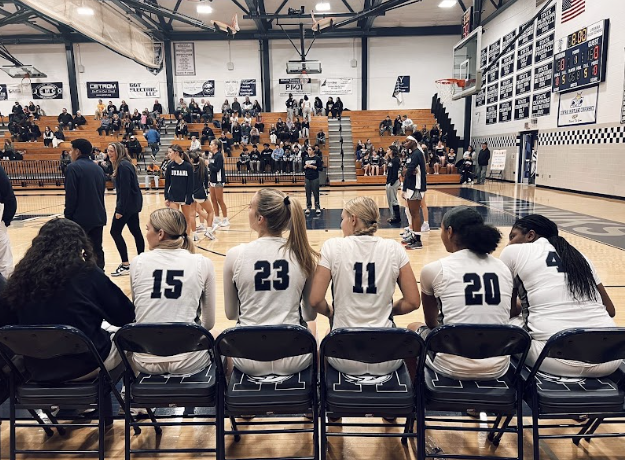


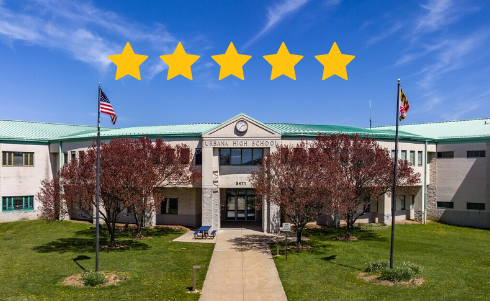






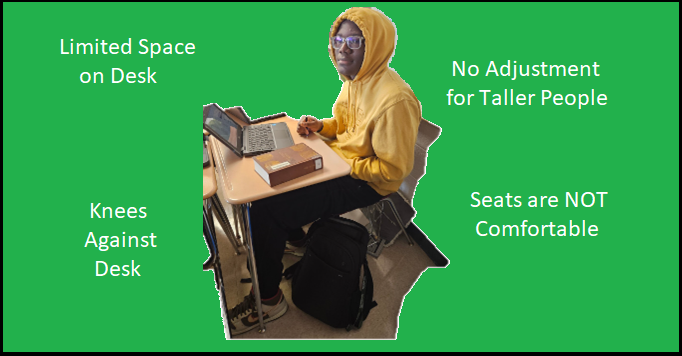






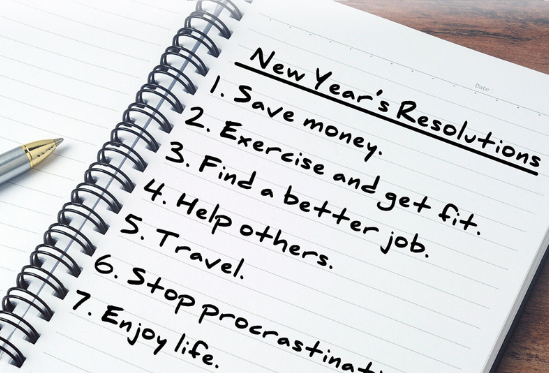
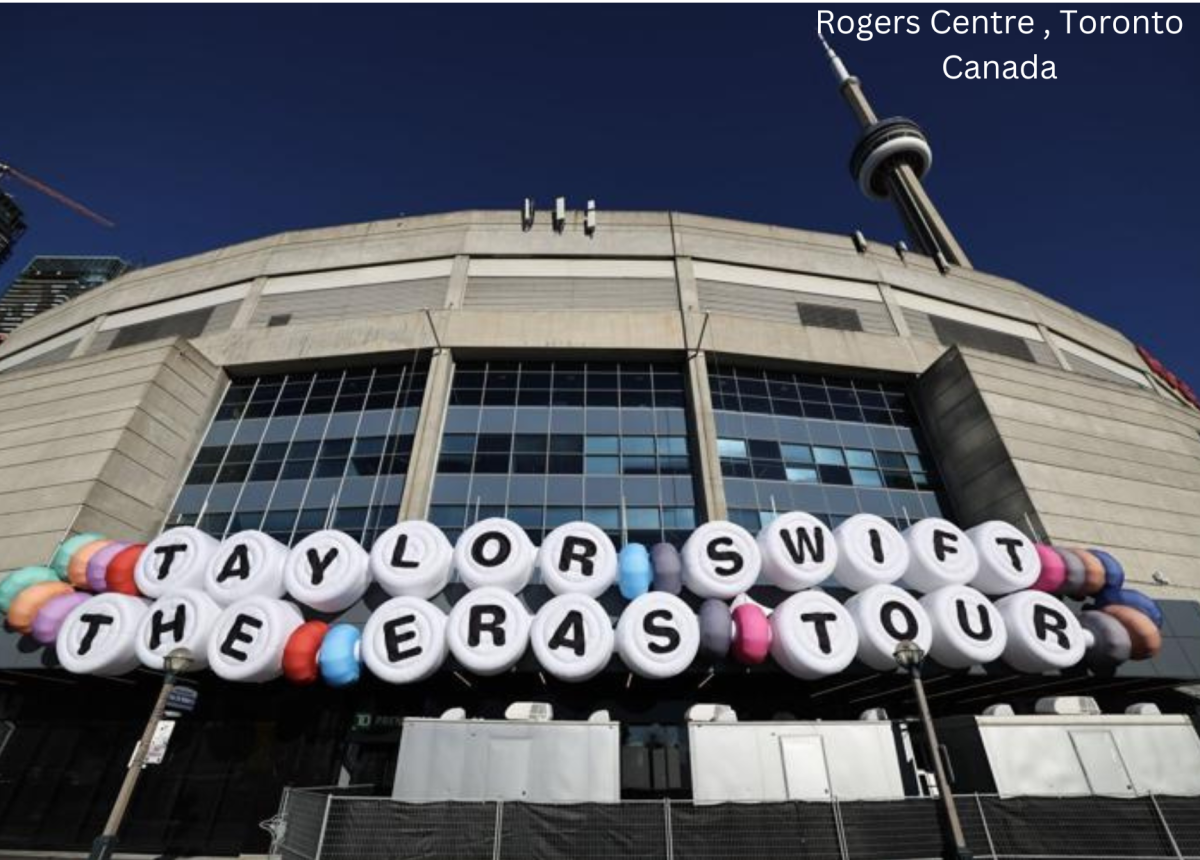
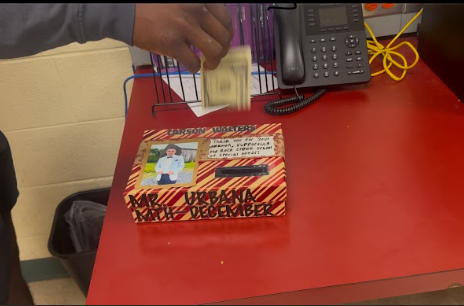



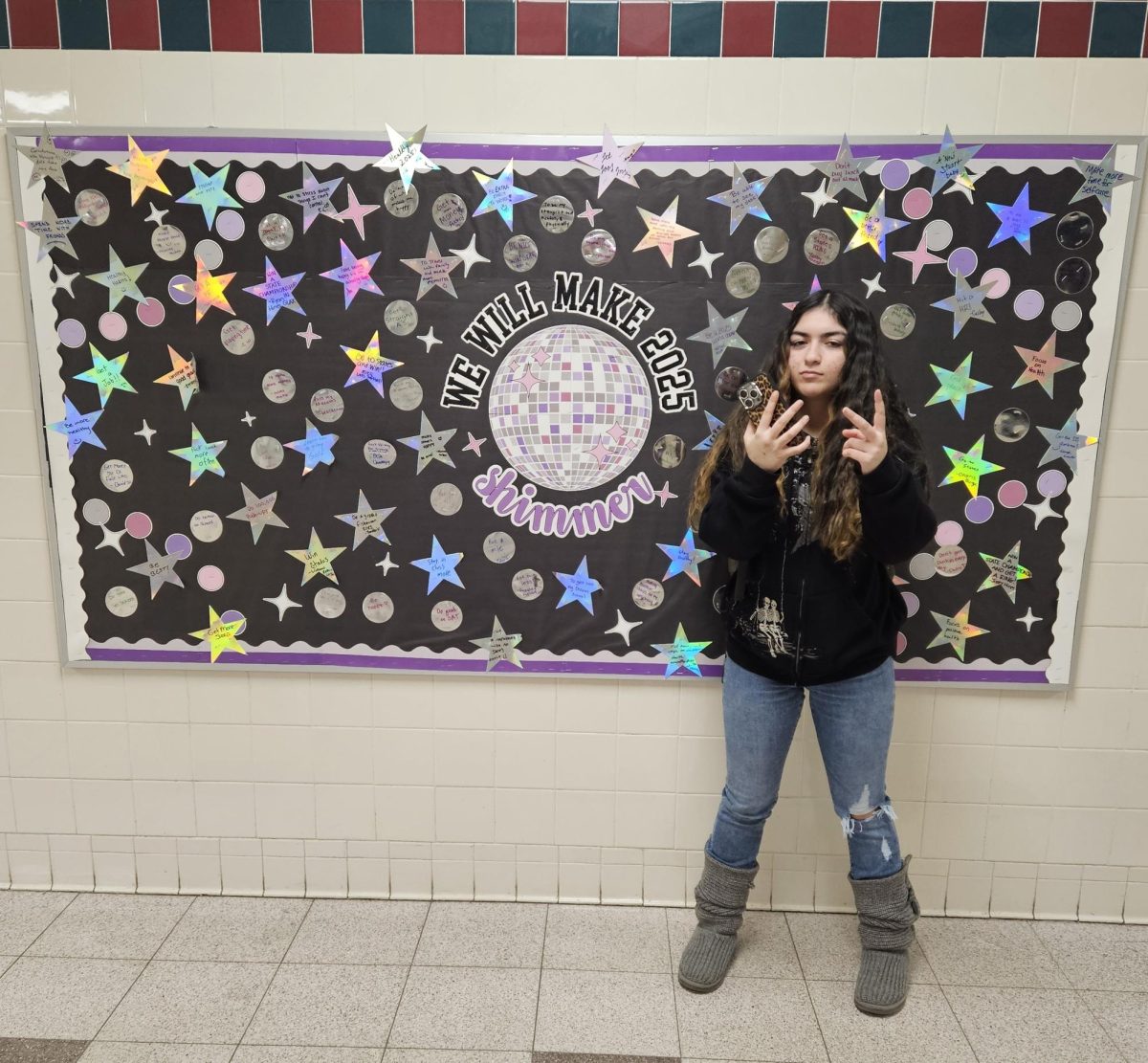
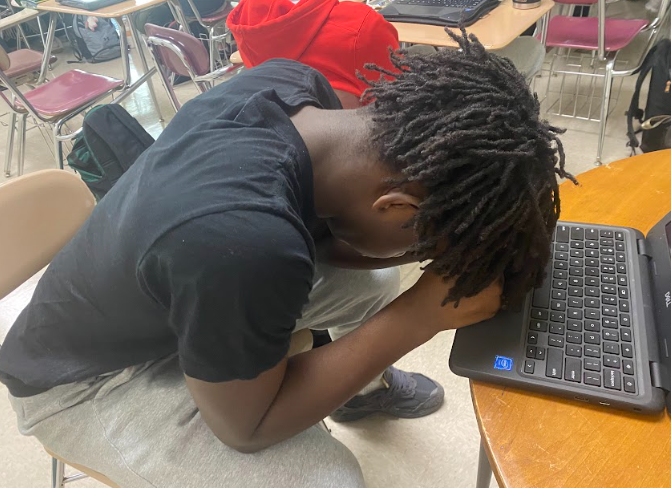
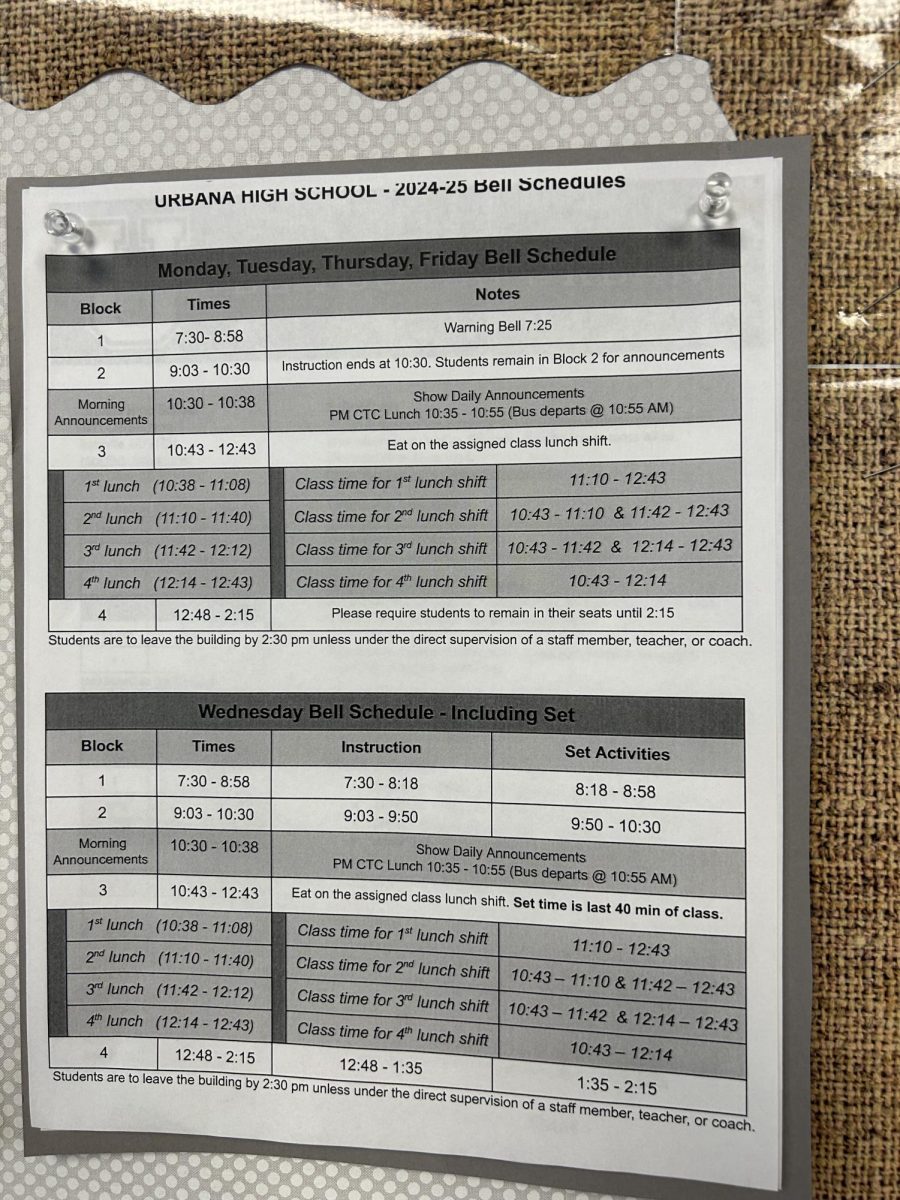
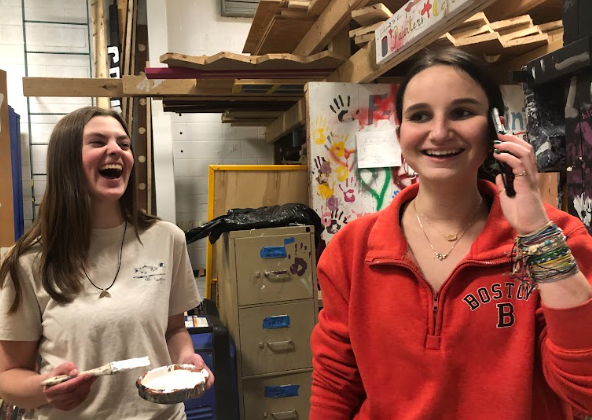
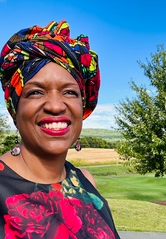
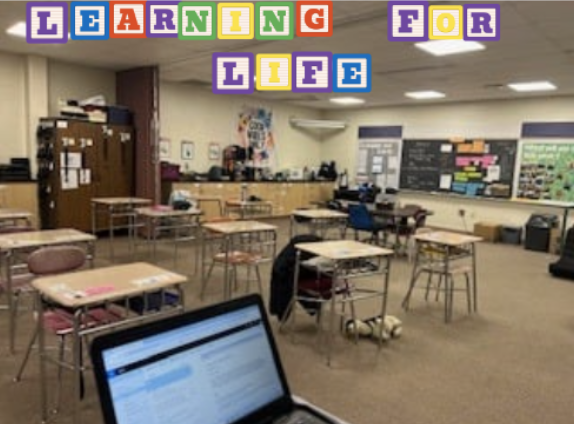



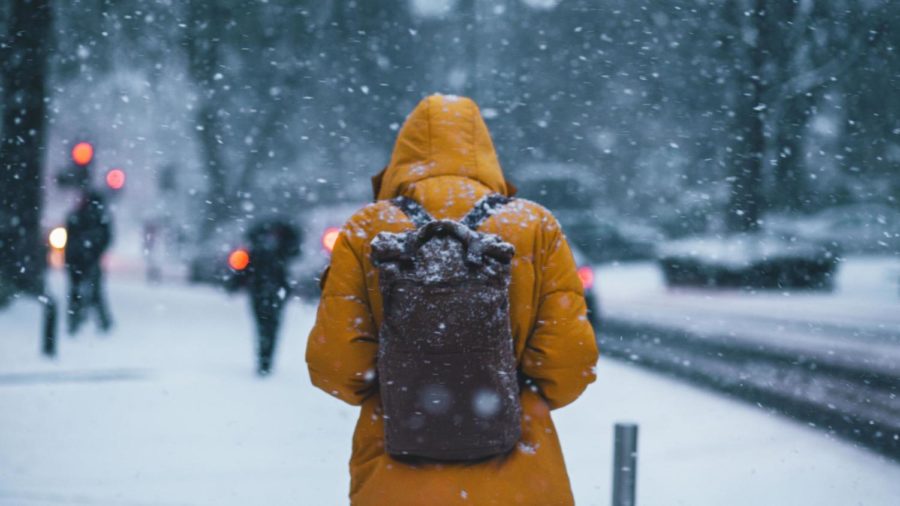
Phyllis Hammond • Nov 19, 2021 at 11:29 AM
First, I want to say that I was pleased to find this article written by and for students. You covered so much and was on point. I have one grandchild in middle school and one in high school. I will share this information with them. Thank you for this timely information.
Phyllis Hammond (Retired)
License Clinical Social worker (LCSW)